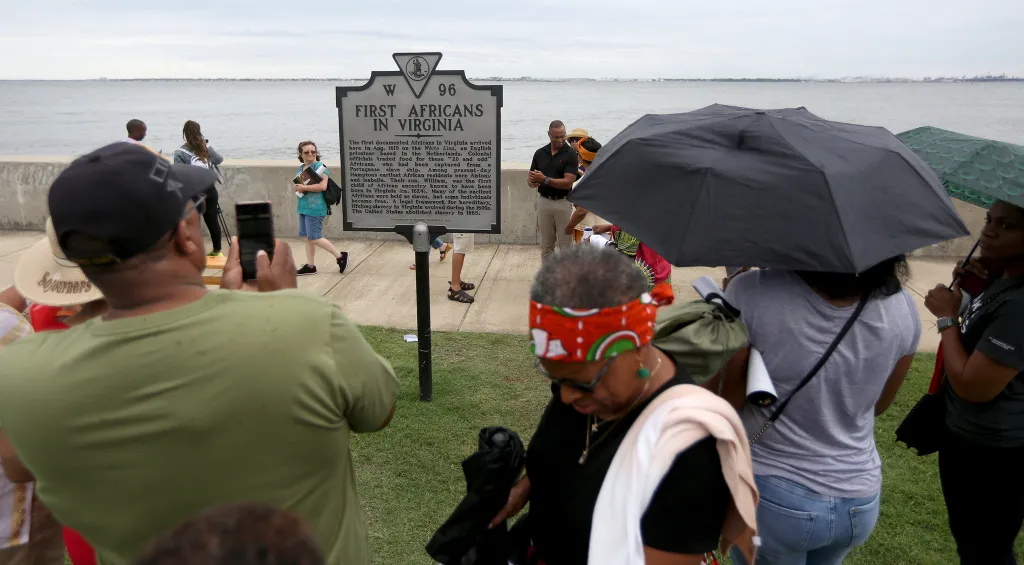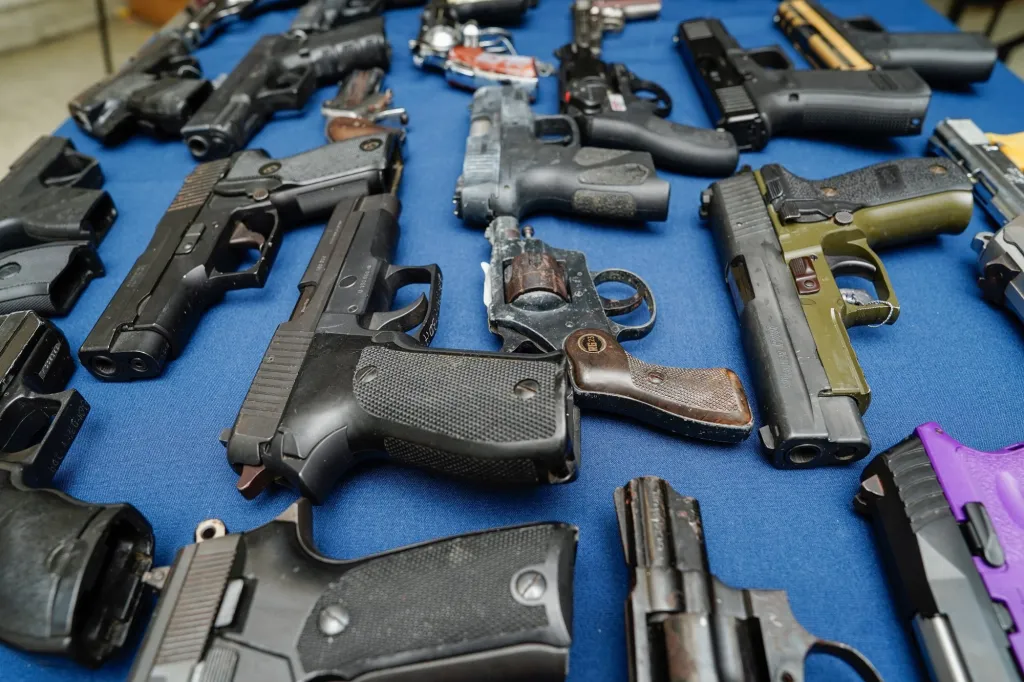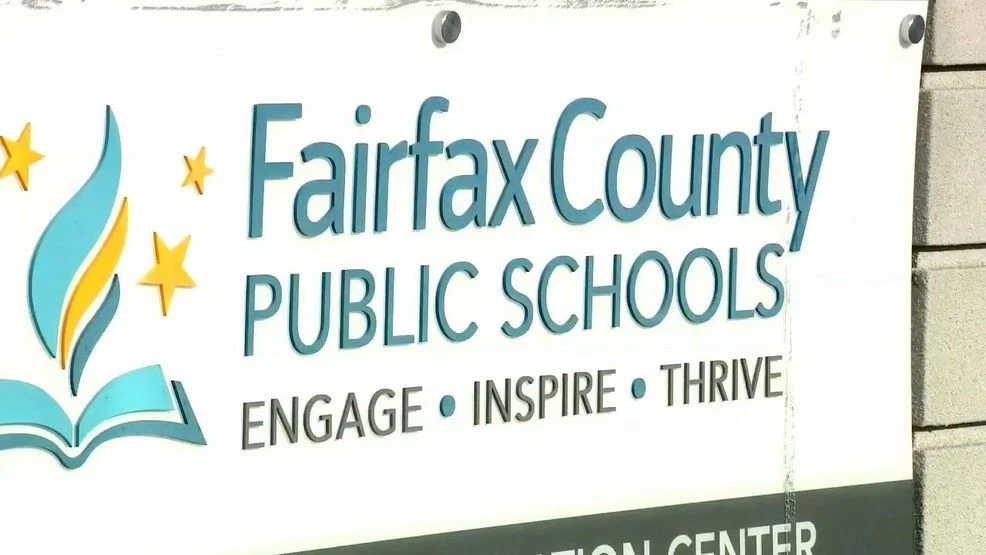By Ghana News
Copyright ghanamma

By Eric Appah Marfo
Accra, Sept. 27, GNA—Mr Philip Arthur, outgoing President of the ESBECAN Association, has called for deliberate structures to ensure the smooth transition of knowledge, networks, and leadership to the association’s youth.
He said without a clear strategy for integrating the youth, the Association risked losing its chain of expertise and influence as senior members retired from active service in the coming decade.
Mr Arthur made the call at the 7th ESBECAN Congress in Accra, held on the theme: “Promoting Unity, Strengthening Bonds.”
“I therefore propose an official membership drive and that all newly returned professionals be granted automatic membership with a one-year moratorium on registration fees to ensure their immediate inclusion and mentorship,” he stated.
The ESBECAN Association is made up of Ghanaian professionals trained in Cuba under the Ghana–Cuba cooperation programme, initiated in 1983 by late President Jerry John Rawlings.
The initiative has since produced over 1,000 professionals, including doctors, engineers, agronomists, pharmacists and nurses.
Reflecting on his tenure, Mr Arthur highlighted key milestones such as the celebration of the Association’s 40th anniversary in 2023, health outreach for communities in Bukom, and relief efforts for victims of the Akosombo Dam spillage.
He also pointed to an increase in government appointments for Cuban-trained professionals across key sectors, describing it as a testament to the value of their training and expertise.
Mr Arthur, however, admitted to a procedural lapse in acquiring a permanent office for the association without prior constitutional approval, for which he apologised.
He urged members to endorse the acquisition as a “strategic step” to preserve the Association’s institutional memory.
The outgoing President called for the establishment of a health insurance scheme for members, constitutional amendments to strengthen accountability among executives, and closer collaboration with Cuba, including leading campaigns for the lifting of the U.S. embargo on the country.
The Congress also heard a solidarity message from Mr Kyeretwie Opoku, Lawyer and Convener of the Socialist Movement of Ghana, who underscored the unique responsibility of Cuban-trained professionals in the social transformation in Ghana.
He said the education and acculturation received in Cuba were not only meant to produce doctors, engineers, and agronomists, but also social leaders equipped with values of solidarity, organisation, and service to humanity.
“Cuba remains one of the leading forces in society. The idea was that you would return, not only with professional expertise but with a deeper sense of humanity, community, and leadership. That was the vision for you—to lead in the reconstruction and redevelopment of our country,” he stated.
Mr Opoku observed that while many Cuban-trained professionals faced challenges reintegrating into Ghana’s political and professional systems, they had survived and proven their resilience.
He stressed that they possessed skills and convictions not common in Western-trained professionals, particularly a strong sense of social organisation and value for humanity.
“You more than anybody else must understand that unity without people is nothing,” he said.
Mr Opoku urged ESBECAN members to extend their unity beyond professional service into political mobilisation, envisioning a future that made their contributions meaningful and lasting.
GNAEdited by Samuel Osei-Frempong



